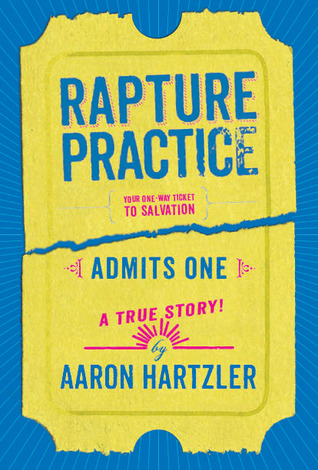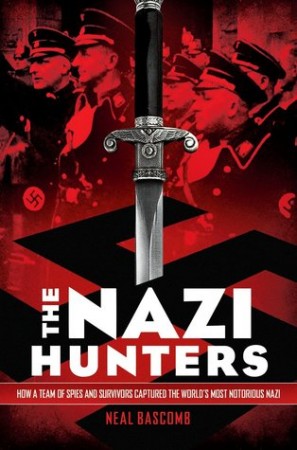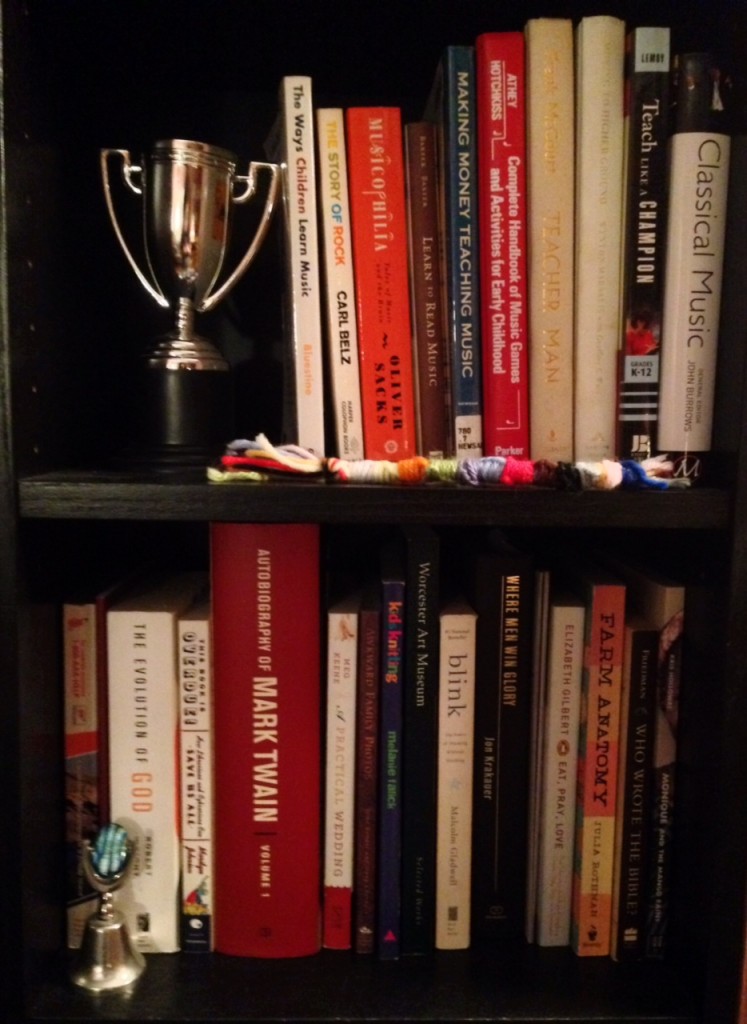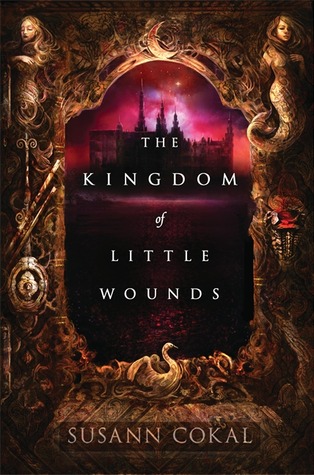I thought that I would surely have read enough Cybils nonfiction to brag about by this point, but of course, I have not. You guys are all shaking your heads and smiling, aren’t you. That Jessica, her eyes are always bigger than her stomach. Well, yes, they are. Setting impossibly high self expectations is one of my favorite hobbies.
However, I should also mention that nominations aren’t exactly pouring in at this point. Come on, guys! Hasn’t anyone read a decent YA nonfiction title this year? There’s still another week of nominations, so there’s hope, but right now pickings are slim – especially considering the wait time for library holds and titles still on order.
See how I cleverly wove in an excuse for my poor reading performance? Yes, it’s not only your fault for not nominating, but the library’s fault as well. Shameful. I know. The honest truth involves me reading pretty much everything else that isn’t a Required Reading text… and also Skyrim. I know. I know!
I did knock back a very good teen memoir this weekend – Aaron Hartzler’s Rapture Practice. Hartzler grew up in the South in a very traditional, very religious home. While in high school, he rebels against some of his parents’ stricter rules and questions their particular perception of God. Natural. Normal. I think most folks who grew up with any sort of religion will relate, even if our parents still let us visit movie theaters. But Hartzler also does a great job of narrowing in on his particular experience, turning reflection and memories into story while also capturing a teen voice. As good memoirs do, but good teen memoirs are so rare!
And can you believe that this book hasn’t even been nominated yet!? Hint hint. Hint. Hint.
I also picked up Neal Bascomb’s The Nazi Hunters this morning. From the first page, I felt transported… back to fall of 2012, the last time I read a book about the Holocaust. And oh, did I read a lot of them. I’m not far enough along to speak to Bascomb’s book, but so far it seems we are focusing on Adolf Eichmann, a particularly evil Nazi charged with exterminating all of the Hungarian Jews. Boo, Eichmann.
That’s my pathetic nonfiction showing, guys. But you know what I have been reading? This long feature on Daniel Radcliffe. Will someone please write a teen biography about this guy? You know it would sell like 60 zillion copies… come on, let’s get on this.



